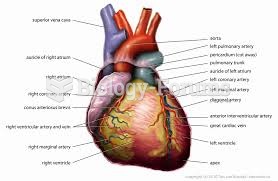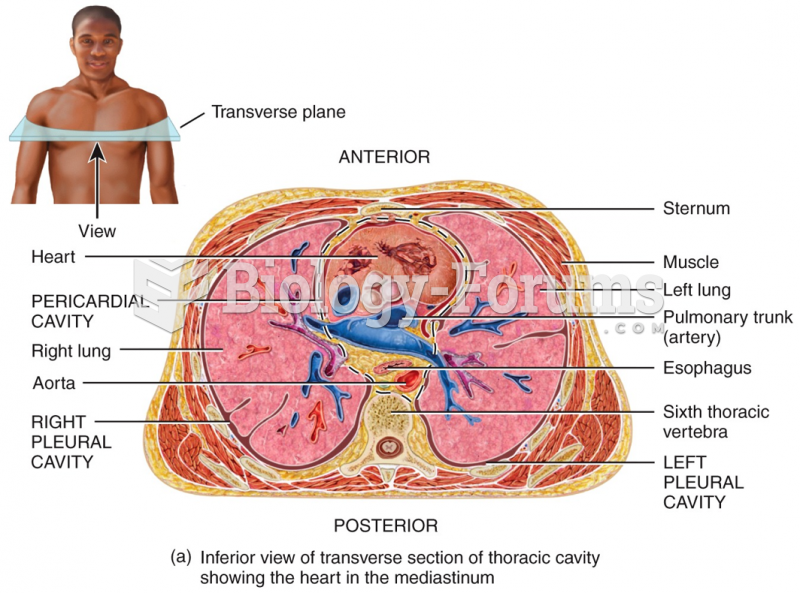Answer to Question 1
Correct Answer: 3
Rationale 1: Dyspnea with moderate-to-heavy exertion is not classified as stage B heart failure. The letter classification is used by the AHA/ACC.
Rationale 2: Dyspnea with moderate-to-heavy exertion is not classified as severe heart failure.
Rationale 3: Dyspnea with moderate-to-heavy exertion is classified as stage 2 heart failure.
Rationale 4: Dyspnea with moderate-to-heavy exertion is not classified as mild heart failure.
Global Rationale: Dyspnea with moderate-to-heavy exertion is classified as stage 2 heart failure. Dyspnea with moderate-to-heavy exertion is not classified as stage B heart failure. The letter classification is used by the AHA/ACC.
Answer to Question 2
Correct Answer: 2,5
Rationale 1: Right-sided heart failure results in peripheral edema, not pulmonary congestion.
Rationale 2: Left-sided heart failure is sometimes called congestive heart failure, because it causes pulmonary edema (congestion).
Rationale 3: Some heart failure is the result of the heart pumping so quickly that it is not able to fully relax and fill up with blood (reducing preload), but there is no indication in the question that this client's heart failure has this particular pathophysiology.
Rationale 4: Left-sided, not right-sided, heart failure is associated with pulmonary edema (congestion). Right-sided heart failure results in peripheral edema.
Rationale 5: When the left ventricle cannot compensate for increased preload, blood backs up into the lungs, resulting in cough and shortness of breath.
Global Rationale: Left-sided heart failure is sometimes called congestive heart failure, because it causes pulmonary edema (congestion). When the left ventricle cannot compensate for increased preload, blood backs up into the lungs, resulting in cough and shortness of breath. Right-sided heart failure results in peripheral edema, not pulmonary congestion. Some heart failure is the result of the heart pumping so quickly that it is not able to fully relax and fill up with blood (reducing preload), but there is no indication in the question that this client's heart failure has this particular pathophysiology.







